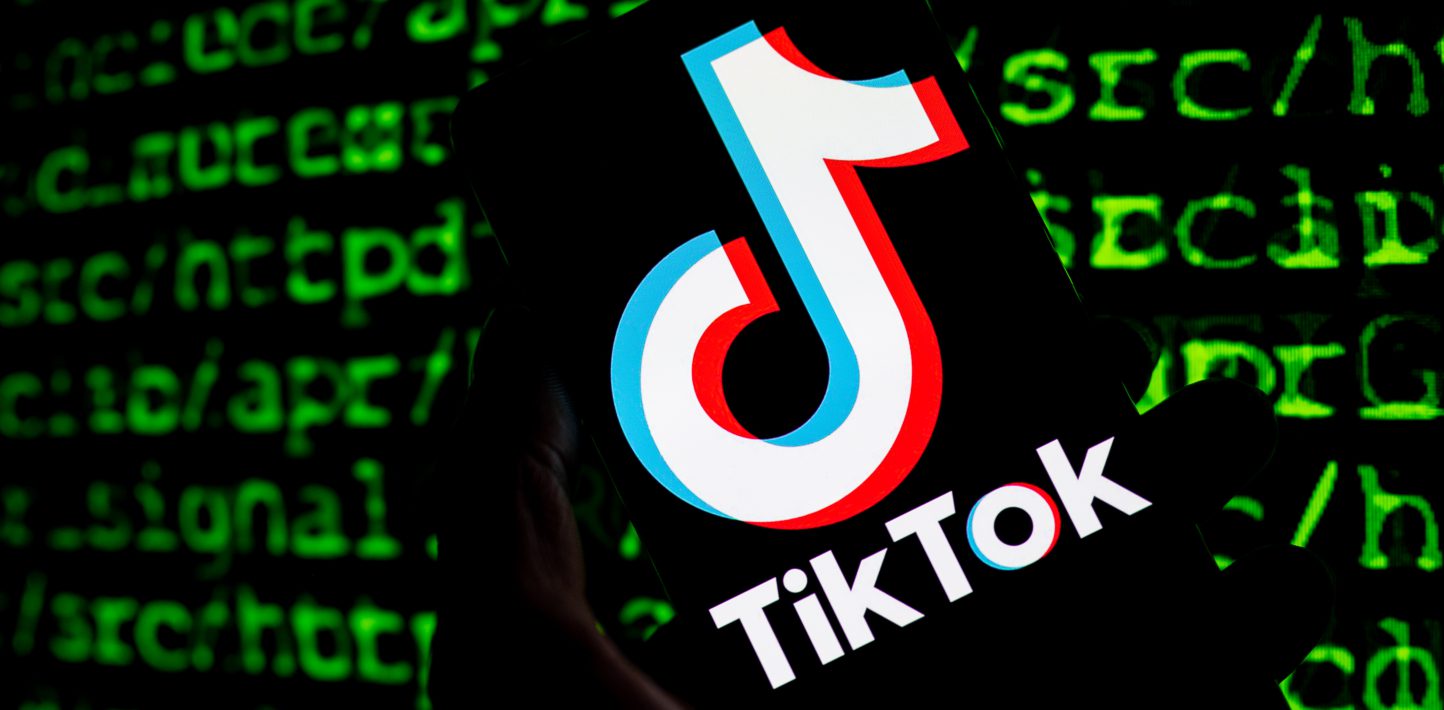TikTok Banned – Understanding the Global Phenomenon
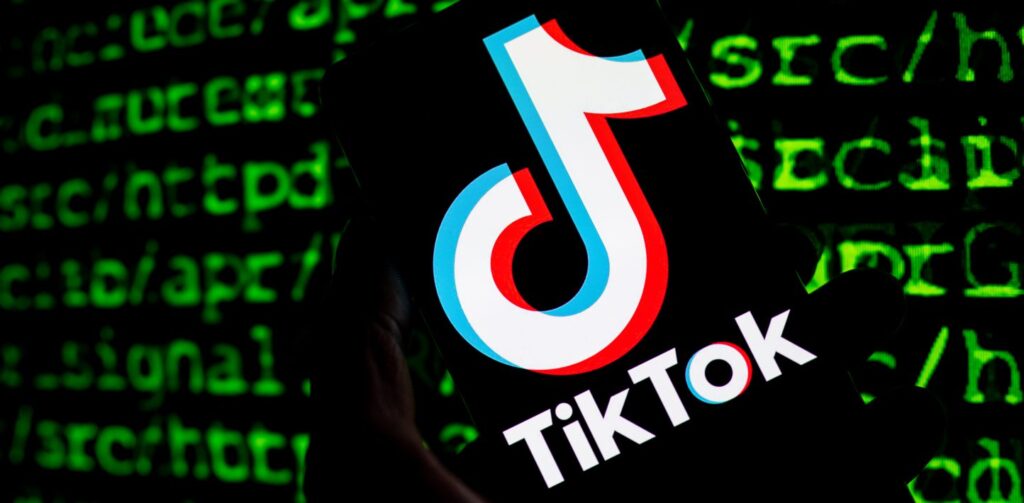
Introduction
TikTok, a short-form video-sharing platform, has taken the world by storm since its launch. With millions of users worldwide, it has become a hub for creativity, entertainment, and even education. But along with its meteoric rise, TikTok has faced intense scrutiny, leading to outright bans in several countries.
Why has this platform, loved by so many, become a target for governments? Let’s explore the reasons, impacts, and future possibilities surrounding TikTok bans.
Reasons Behind Tiktok banned
National Security Concerns
One of the most cited reasons for TikTok bans is national security. Governments worry that the app collects excessive user data, which could potentially be accessed by foreign authorities. Accusations of surveillance and data sharing with the Chinese government have put TikTok in a controversial spotlight.
Cultural and Ethical Concerns
TikTok has also been criticized for hosting content deemed inappropriate or harmful. From challenges promoting dangerous behavior to content clashing with cultural norms, many authorities believe the platform undermines societal values.
Countries That Have Banned TikTok
India
India was the first major country to ban TikTok in June 2020. The government cited national security and data privacy concerns, particularly following border tensions with China. This ban disrupted a significant market, as India accounted for one of TikTok’s largest user bases.
The United States
The U.S. has had a tumultuous relationship with TikTok, with debates surrounding its security risks. While an outright ban hasn’t been implemented nationwide, several states have restricted its use on government devices. Political leaders have expressed mixed opinions, fueling ongoing discussions.
Other Countries with Restrictions
Smaller nations like Pakistan and Afghanistan have temporarily banned TikTok, primarily due to cultural concerns. These bans often fluctuate based on the platform’s compliance with local laws.
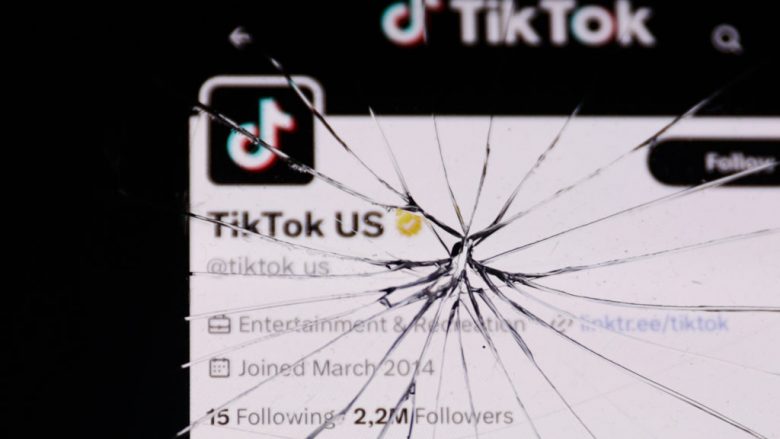
The Impact of Tiktok banned
On Users
For users, TikTok bans mean a loss of creative freedom. Many individuals have turned to alternative platforms like Instagram Reels and YouTube Shorts to continue expressing themselves.
On Businesses
Brands that heavily relied on TikTok for marketing campaigns face significant challenges. Influencers and content creators, too, have had to adapt quickly to maintain their income streams.
On Global Relations
TikTok bans often escalate diplomatic tensions. For instance, India’s ban on TikTok strained its trade relations with China, highlighting the geopolitical implications of such decisions.
Is the Tiktok banned Justified?
Supporters’ Perspective
Proponents of TikTok bans argue that national security and ethical values must take precedence. They believe restricting the platform protects sensitive data and societal well-being.
Critics’ Perspective
On the other hand, critics question whether banning TikTok effectively addresses these concerns. They argue for transparency and regulation rather than outright restrictions.
Alternatives to Tiktok banned
In the wake of TikTok bans, platforms like Instagram Reels, YouTube Shorts, and Triller have gained traction. These apps aim to replicate TikTok’s features, offering users new avenues for creativity.
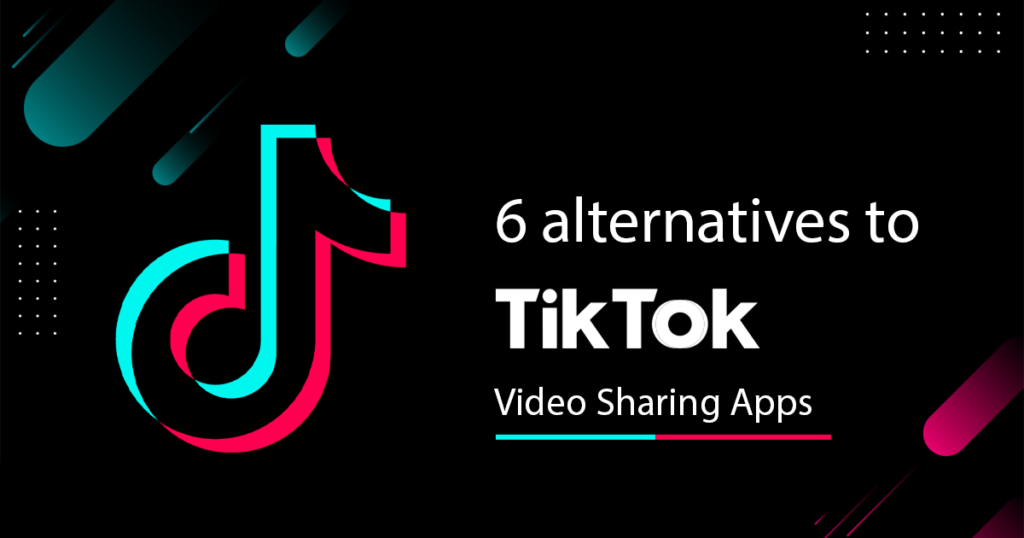
Future of TikTok and Its Bans
TikTok’s ability to adapt to legal and ethical challenges will determine its future. The company has already implemented measures like localized data storage and content moderation. Whether these efforts will suffice to lift existing bans remains uncertain of Tiktok banned.
Conclusion
The TikTok ban debate is a complex web of security, ethics, and geopolitics. While the platform has revolutionized digital entertainment, it also highlights the growing tension between technology and governance. Whether TikTok will overcome these challenges or face further restrictions is a story still unfolding on Tiktok banned.
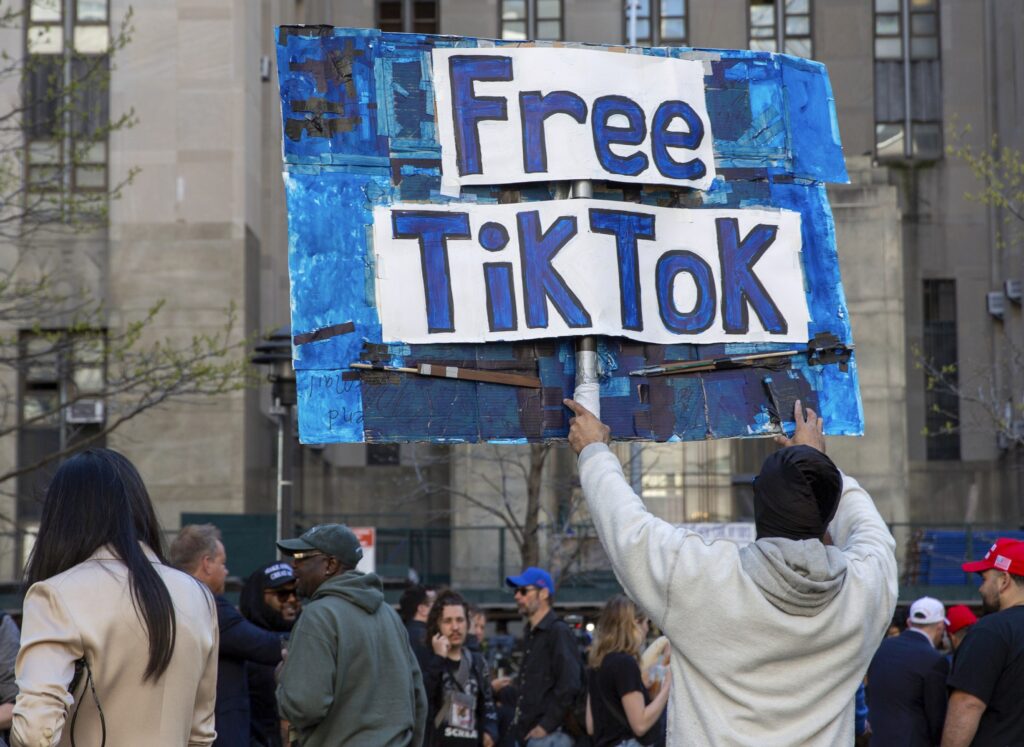
FAQs
1. Why was TikTok banned in India?
India cited concerns about data security and privacy, especially in the context of rising tensions with China.
2. Are there legal ways to access TikTok in banned regions?
In most cases, accessing TikTok in banned regions violates local laws, and using VPNs could have legal consequences.
3. What makes TikTok a target for governments?
Governments are concerned about data privacy, potential surveillance, and cultural content that may clash with societal norms.
4. How can creators adapt to a TikTok ban?
Creators can shift to alternative platforms like Instagram Reels, YouTube Shorts, or other emerging apps to maintain their presence.
5. Is TikTok planning to address the concerns raised by governments?
Yes, TikTok has taken steps like enhancing data security and introducing localized servers to address some of the concerns.


